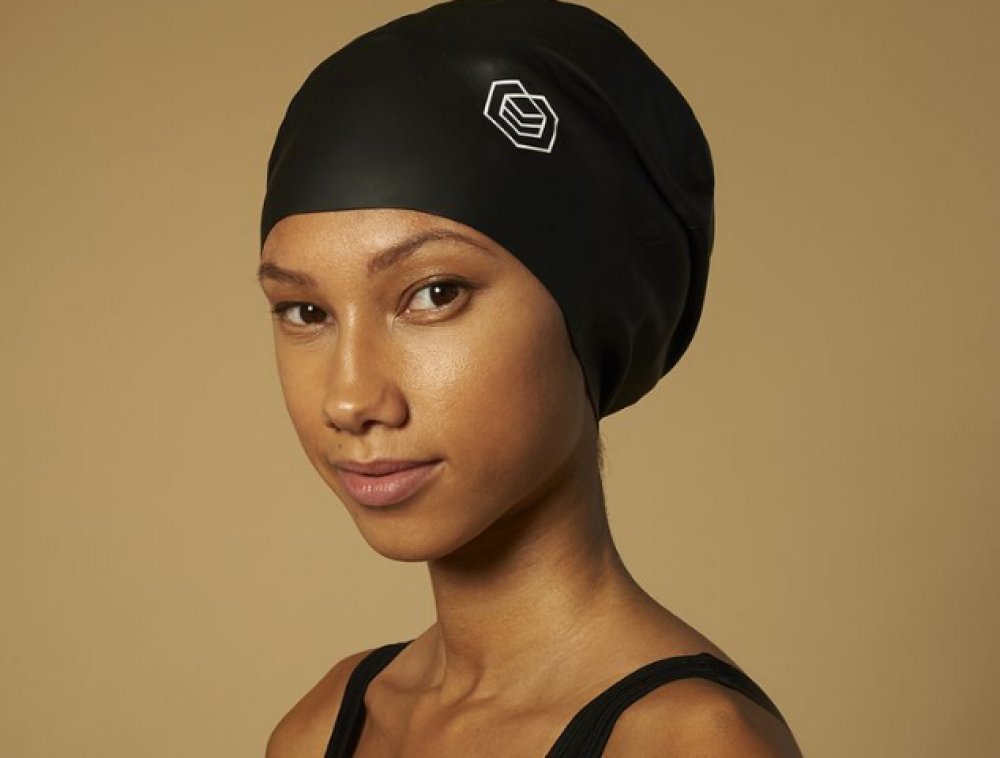What number of individuals in your family or kinship gathering can swim?
Alright, and what number of those individuals would class themselves as certain swimmers? While the water can be an overwhelming possibility for any individual who does not have the essential abilities, figures around admittance to swimming as a sporting game show genuine difference with regards to identity.
For most of Black individuals in the UK, swimming is definitely not an ordinary interest nor a typical encounter. Acquiring deluding convictions about their position in the water, Black grown-ups and kids regularly fall foul of bigoted lies and harming misrepresentations about Black individuals not having the option to (or fit to) swimming. Truth be told, as per figures from the Amateur Swimming Association (ASA), British ethnic minorities are ‘multiple times more uncertain’ than their white companions to realize how to swim.
For Michael Chapman and Toks Ahmed, long-term companions and fellow benefactors of comprehensive swimming cap brand, Soul Cap, their experience mirrored this reality precisely.
‘Toks and I have a very much like story,’ Chapman says over Zoom. ‘We experienced childhood in families where swimming was something we “simply didn’t do,”‘. He proceeds to portray how, as a kid, he was liable to insults about having more “thick” bones and as such being less fit to water based games.
LUKE HUTSON-FLYNN
His fellow benefactor Ahmed echoes that he too had heard these tales, arriving at adulthood as an unconfident swimmer: ‘My two more seasoned sisters can swim yet I wasn’t ever certain about the water,’ he says. ‘In elementary school we had swimming illustrations however it simply didn’t take for me. I had likewise heard that “Individuals of color don’t swim”, that we will in general be sprinters or different sorts of competitors.’
However, in 2016, after a shared companion chose to take up swimming examples, Chapman and Ahmed chose to respond to the call as well.
‘I had additionally heard that “Individuals of color don’t swim”, that we will in general be sprinters’
‘It was a New Year’s goal,’ says Ahmed, portraying how he went to the Aquatic Center in Stratford to figure out how to swim. There, he and Chapman met an individual Black swimmer who battled with sick fitting swimming covers not fit to her voluminous, finished hair.
‘Her hair was all the while getting doused and she battled with it,’ Ahmed says. ‘Along these lines, while we were going through this course of figuring out how to swim, the thought just came to us.
‘Then, at that point, addressing our sisters and mums, we inquired as to whether they utilized swimming covers; accomplish they work and are they sufficiently large. Each time we heard a similar reaction: “They’re not the right size and they fly off.” That was actually our motivation, so we delved into it, looked further and acknowledged it was something we could do.’
Lip, Smile, Skin, Shoulder, Joint, Facial appearance, Jaw, Organ, Strapless dress, Headgear,
Beginning with an underlying request of only 200 covers, Chapman and Ahmed arrived on two colourways – dark and burgundy – with Chapman helping himself Adobe Illustrator to plan the logo and marking. ‘Presently our orders are several thousands all at once,’ he giggles. ‘It’s nice to think back, assess the situation and perceive how far it’s developed.’
At present contribution four sizes – kids through to grown-up XXL, Soul Cap has gone from one solidarity to another, building a local area and unpicking the obstructions for Black ladies in swimming. Enter, their 2020 mission:
#BlackGirlsDon’tSwim
In June, Chapman and Ahmed put the word out with regards to another drive to challenge the generalizations around Black individuals and swimming. Requesting recordings enumerating the individual stories and encounters of Black ladies, the mission uncovered both the obstructions Black ladies face yet in addition the delight they get from being in the water – fighting the marks of disgrace that it’s not ‘a normal thing for they.’
‘Growing up as a Black female swimmer in a transcendently white game, there was a lot of talk in the stands: “Those young ladies gotta be on steroids – they’re most likely swimming 80 hours seven days just to swim this quick,”‘ Madison Freeland reviews. ‘For what reason wouldn’t we be able to simply be gifted swimmers?’ she inquires.
For some’s purposes, it was simply the actual distance and their closest pool that made the side interest indefensible; For others the suppositions made with regards to their swimming capacities because of the surface of their hair. ‘In the long run, I quit swimming inside and out,’ one lady shares.

